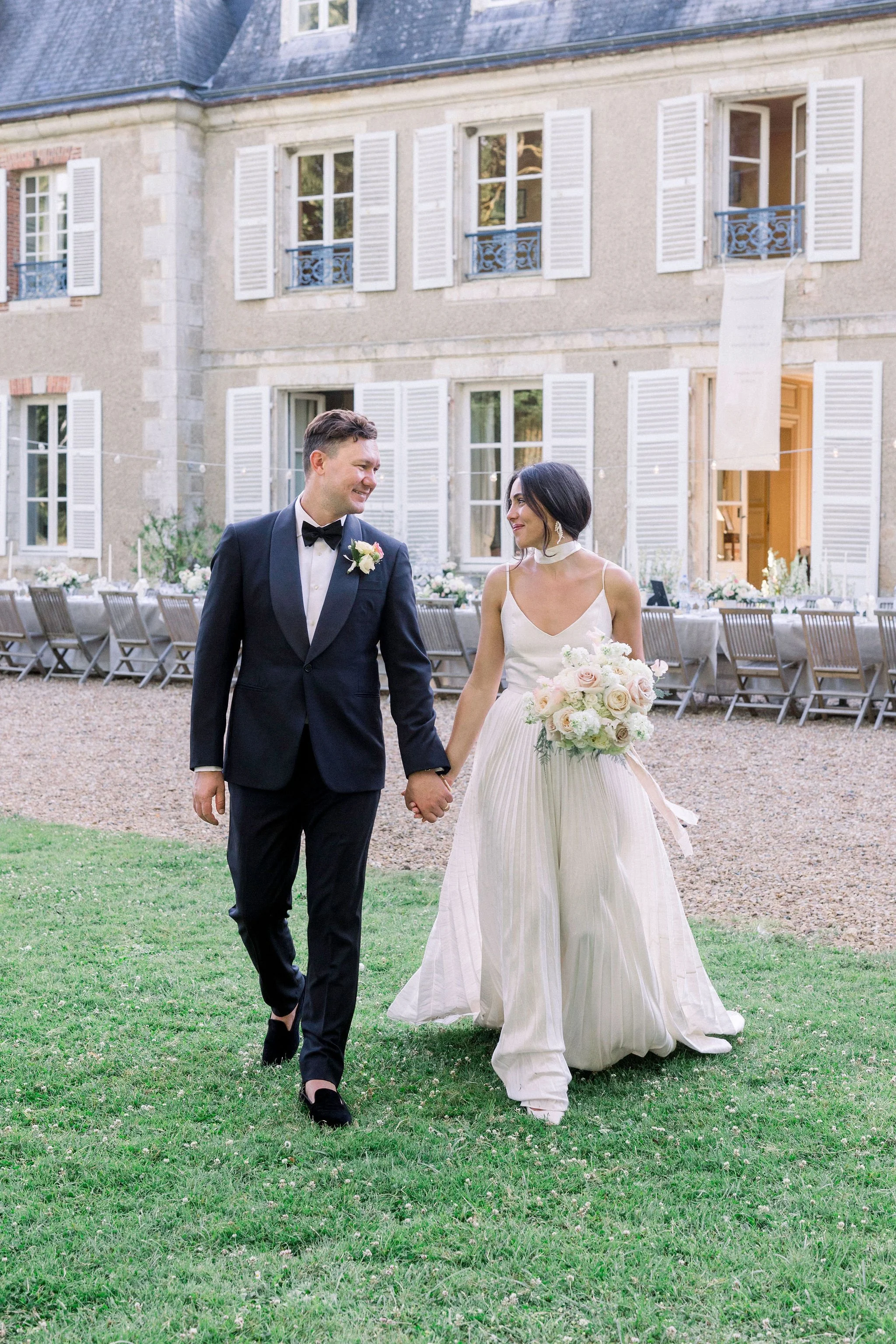The History and Importance of Flowers at Weddings
Flowers have long been a cherished element of weddings, symbolizing beauty, life, and love. Their use at weddings dates back centuries, with roots in various cultures and traditions. The significance of flowers at weddings goes beyond their aesthetic appeal; they carry deep meanings and play a crucial role in the overall ambiance of the celebration.
Ancient Beginnings
The tradition of incorporating flowers into weddings can be traced back to ancient civilizations. In ancient Greece and Rome, brides wore garlands made of herbs and flowers, symbolizing fertility, new beginnings, and fidelity. The Greeks believed that flowers like ivy represented eternal love and unity, making them a staple in wedding ceremonies.
During the Middle Ages, brides in Europe would carry bouquets of strong-smelling herbs and spices, such as garlic and dill, to ward off evil spirits and bad luck. This practice evolved over time, and by the Victorian era, flowers had become central to wedding ceremonies. The Victorians were particularly fascinated by the "language of flowers," where specific blooms carried distinct meanings. For example, orange blossoms symbolized purity, while roses represented love.
The Bridal Bouquet
The bridal bouquet, as we know it today, became popular in the Victorian era. Queen Victoria herself carried a bouquet of snowdrops when she married Prince Albert in 1840, setting a trend that would endure through the centuries. The bouquet evolved from a simple bunch of flowers to a carefully crafted arrangement that reflects the bride's personality and complements the wedding theme.
Photo by Aude Lucas
Traditionally, bouquets were not just decorative but also symbolic. For instance, myrtle was often included in bridal bouquets during the Victorian era to symbolize love and marriage. Today, brides choose flowers for their bouquets based on personal preferences, seasonal availability, and the flowers' meanings. The act of carrying a bouquet has become a cherished ritual, representing the bride's transition from her single life to her married life.
The Importance of Flowers
Flowers play a multifaceted role in weddings, extending far beyond the bridal bouquet. They are integral to the ceremony and reception decor, often setting the tone and theme of the entire event. The significance of flowers at weddings includes:
Symbolism and Meaning: Each flower carries its own symbolism and meaning, allowing couples to infuse their wedding with personal significance. For example, peonies symbolize a happy marriage, while lilies represent purity and refined beauty.
Aesthetic Appeal: Flowers add a natural, organic beauty to weddings, enhancing the visual appeal of the venue. Their colors, shapes, and fragrances create an enchanting atmosphere that delights the senses.
Emotional Impact: Flowers evoke emotions and memories, often reminding people of past experiences and loved ones. Their presence at weddings can create a sense of nostalgia and joy, enhancing the emotional depth of the occasion.
Cultural Traditions: Many cultures have specific floral traditions tied to weddings. In Indian weddings, for example, marigolds are often used for garlands and decorations, symbolizing auspiciousness and positivity. In Chinese culture, flowers like peonies are associated with prosperity and good fortune.
Personal Expression: The choice of flowers and arrangements allows couples to express their unique style and personality. Whether it's a rustic barn wedding adorned with wildflowers or an elegant ballroom filled with roses and orchids, flowers help convey the couple's vision and theme.
The history of flowers at weddings is rich and varied, reflecting the evolving customs and traditions of different cultures. From ancient garlands to modern bouquets, flowers have always been a symbol of beauty, love, and new beginnings. Their significance extends beyond mere decoration, playing a crucial role in the emotional and aesthetic experience of the wedding day. Flowers continue to be an essential element of weddings, embodying the timeless elegance and romance of this cherished celebration.
Photo by Francis Mary Sales


